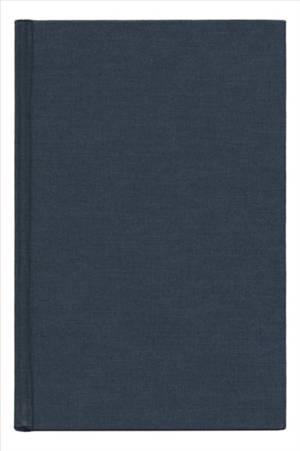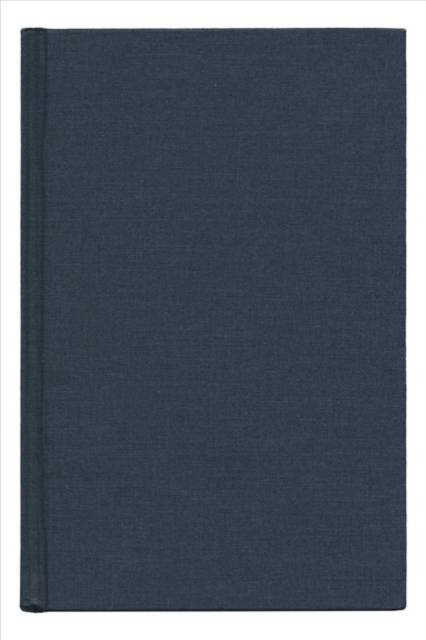
- Retrait gratuit dans votre magasin Club
- 7.000.000 titres dans notre catalogue
- Payer en toute sécurité
- Toujours un magasin près de chez vous
- Retrait gratuit dans votre magasin Club
- 7.000.0000 titres dans notre catalogue
- Payer en toute sécurité
- Toujours un magasin près de chez vous
All Russia Is Burning!
A Cultural History of Fire and Arson in Late Imperial Russia
Cathy A FriersonDescription
Rural fires were an even more persistent scourge than famine in late imperial Russia, as Cathy Frierson shows in this first comprehensive study. Destroying almost three billion rubles' worth of property in European Russia between 1860 and 1904, accidental and arson fires acted as a brake on Russia's economic development while subjecting peasants to perennial shocks to their physical and emotional condition. The fire question captured the attention of educated, progressive Russians, who came to perceived it as a key obstacle to Russia's becoming a modern society in the European model.
Using sources ranging from literary representations and newspaper articles to statistical tables and court records, Frierson demonstrates the many meanings fire held for both peasants and the educated elite. To peasants, it was an essential source of light and warmth as well as a destructive force that regularly ignited their cramped villages of wooden, thatch-roofed huts. Absent the rule of law, they often used arson to gain justice or revenge, or to exert social control over those who would violate village norms. Frierson shows that the vast majority of arson cases in European Russia were not peasant-against-gentry acts of protest but peasant-against-peasant acts of "self-help" law or plain spite.
Both the state and individual progressives set out to resolve the fire question and to educate, cajole, or coerce the peasantry into the modern world. Fire insurance, building codes, "scientific" village layouts, and volunteer firefighting brigades reduced the average number of buildings consumed in each blaze, but none of these measures succeeded in curbing the number of fires each year.
More than anything else, this history of fire and arson in rural European Russia is a history of their cultural meanings in the late imperial campaign for modernity. Frierson shows the special associations of women with fire in rural life and in elite understanding of fire in the Russian countryside. Her study of the fire question demonstrates both peasant agency in fighting fire and educated Russians' hardening conviction that peasants stood in the way of Russia's advent into the company of prosperous, rational, civilized nations.
Spécifications
Parties prenantes
- Auteur(s) :
- Editeur:
Contenu
- Nombre de pages :
- 306
- Langue:
- Anglais
- Collection :
Caractéristiques
- EAN:
- 9780295995878
- Date de parution :
- 16-07-15
- Format:
- Livre relié
- Format numérique:
- Genaaid
- Dimensions :
- 152 mm x 229 mm
- Poids :
- 621 g

Les avis
Nous publions uniquement les avis qui respectent les conditions requises. Consultez nos conditions pour les avis.






